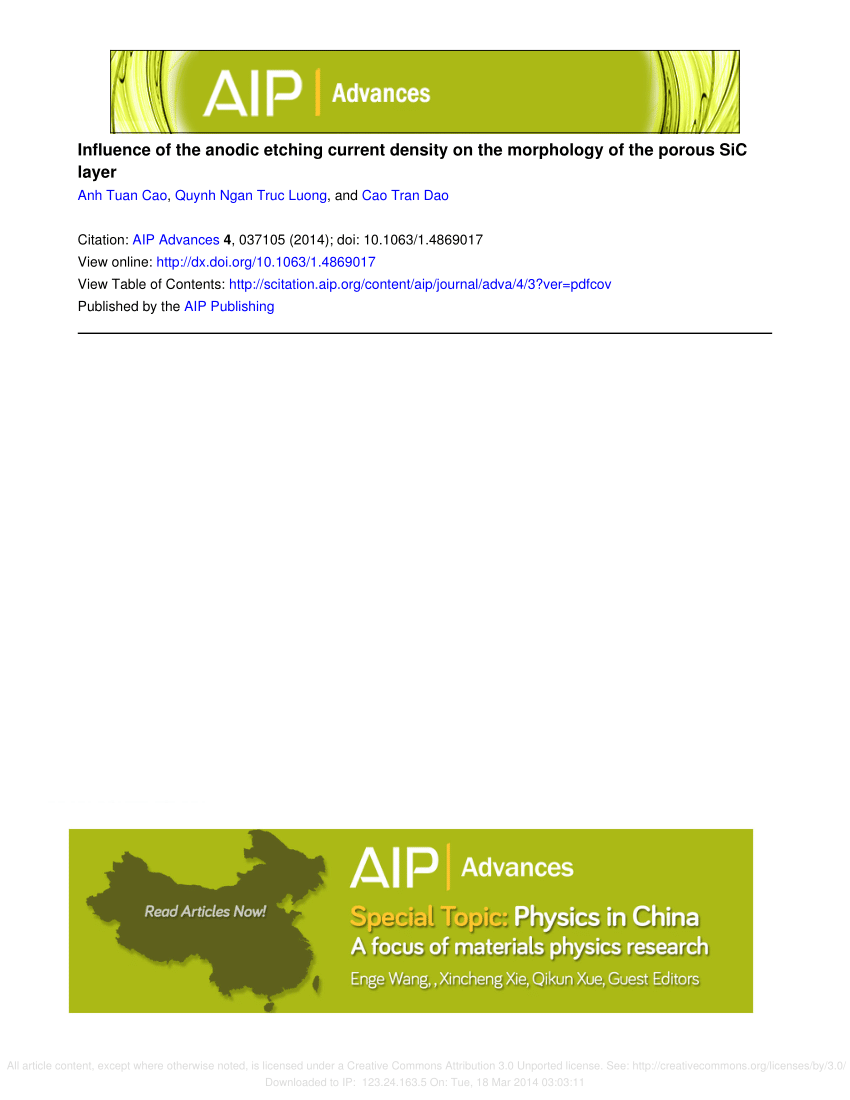OpenLabSPM: Bare bone package of LabVIEW-based scanning probe microscope controller
IF 1.4
4区 物理与天体物理
Q4 MATERIALS SCIENCE, MULTIDISCIPLINARY
引用次数: 0
Abstract
With the extensive proliferation of scanning probe microscopy (SPM)-related technologies, there is a growing demand for a fully customizable SPM controller. In response, we have developed an SPM controller that allows users to incorporate additional functions using LabVIEW, a graphical programming language. This controller incorporates fundamental features such as one-dimensional and two-dimensional scanning, feedback control, and slope compensation. In addition, it includes capabilities to restrict the speed of probe movement and safeguard the probe. Our system consists of a host personal computer (PC) running the Windows operating system and a National Instruments Reconfigurable Input/Output board equipped with a field programmable gate array (FPGA). The FPGA supports real-time deterministic processing, including feedback and probe protection functions, operating asynchronously from the host PC through data exchange via direct memory access first-in-first-out. The system features a graphical user interface on the Windows OS, supplemented by a character-based user interface that utilizes command strings in JavaScript object notation format. Furthermore, we provide wrappers for these commands using the Python programming language. We anticipate that our fully customizable bare born package of LabVIEW-based controller will prove beneficial for researchers utilizing SPM and those managing instruments requiring scanning and feedback control.OpenLabSPM:基于 LabVIEW 的扫描探针显微镜控制器裸机软件包
随着扫描探针显微镜 (SPM) 相关技术的广泛应用,对可完全定制的 SPM 控制器的需求日益增长。为此,我们开发了一种 SPM 控制器,允许用户使用图形编程语言 LabVIEW 添加其他功能。该控制器具有一维和二维扫描、反馈控制和斜率补偿等基本功能。此外,它还具有限制探头移动速度和保护探头的功能。我们的系统由一台运行 Windows 操作系统的个人计算机(PC)主机和一块配备有现场可编程门阵列(FPGA)的美国国家仪器公司可重构输入/输出板组成。FPGA 支持实时确定性处理,包括反馈和探头保护功能,通过先入先出的直接内存访问进行数据交换,与主机异步运行。系统采用 Windows 操作系统上的图形用户界面,并辅以基于字符的用户界面,该界面使用 JavaScript 对象符号格式的命令字符串。此外,我们还使用 Python 编程语言为这些命令提供封装。我们预计,我们基于 LabVIEW 的控制器的完全可定制裸机软件包将为使用 SPM 的研究人员和管理需要扫描和反馈控制的仪器的人员带来益处。
本文章由计算机程序翻译,如有差异,请以英文原文为准。
求助全文
约1分钟内获得全文
求助全文
来源期刊

AIP Advances
NANOSCIENCE & NANOTECHNOLOGY-MATERIALS SCIENCE, MULTIDISCIPLINARY
CiteScore
2.80
自引率
6.20%
发文量
1233
审稿时长
2-4 weeks
期刊介绍:
AIP Advances is an open access journal publishing in all areas of physical sciences—applied, theoretical, and experimental. All published articles are freely available to read, download, and share. The journal prides itself on the belief that all good science is important and relevant. Our inclusive scope and publication standards make it an essential outlet for scientists in the physical sciences.
AIP Advances is a community-based journal, with a fast production cycle. The quick publication process and open-access model allows us to quickly distribute new scientific concepts. Our Editors, assisted by peer review, determine whether a manuscript is technically correct and original. After publication, the readership evaluates whether a manuscript is timely, relevant, or significant.
 求助内容:
求助内容: 应助结果提醒方式:
应助结果提醒方式:


